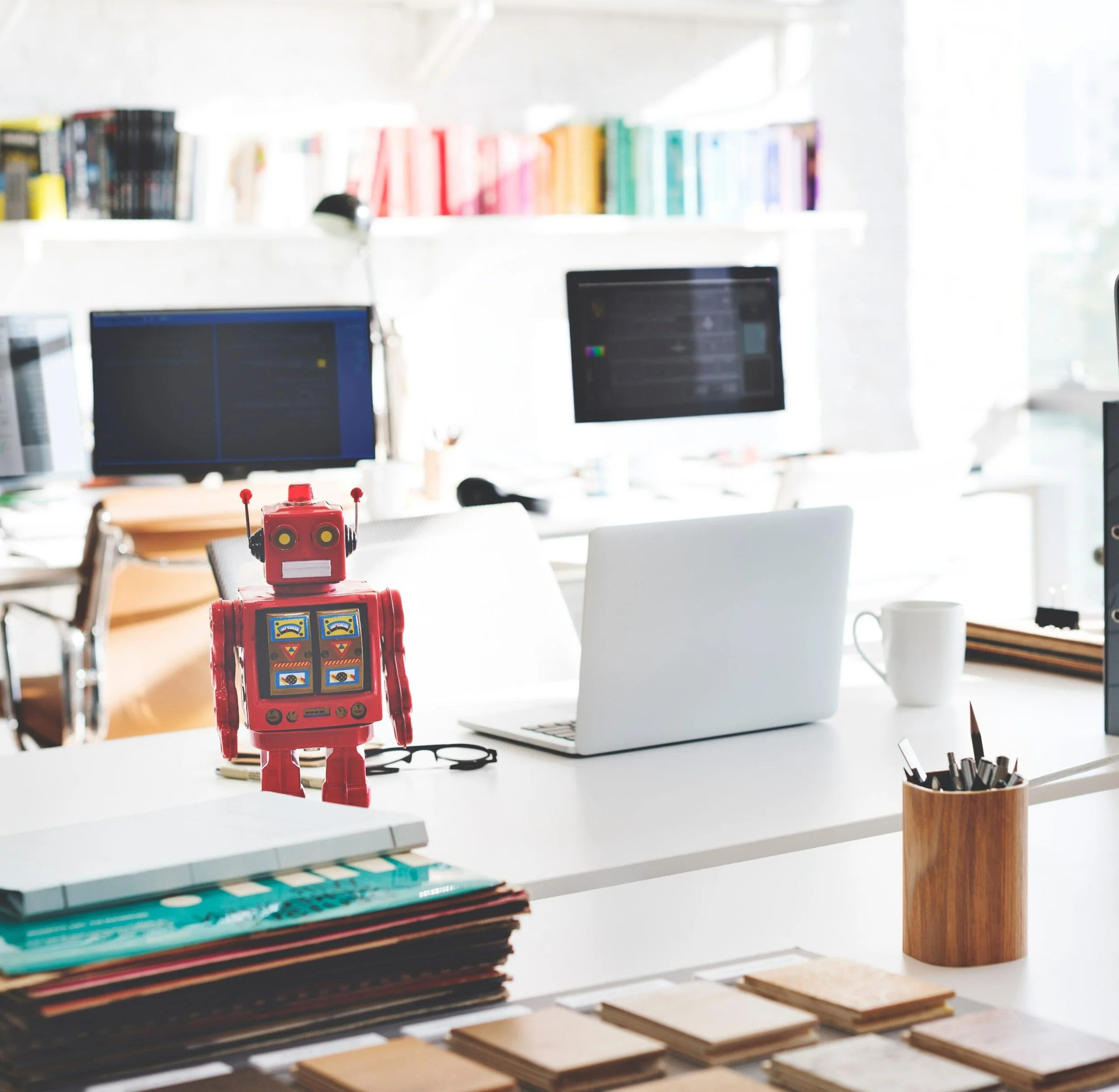AI: it’s so much more than robots
AI Congress took place last week, so I felt it due time to audit some of the latest trends and technologies to emerge in the artificial intelligence (AI) market, and highlight that it’s not all about robots, or that we’re all going to lose our jobs!If we’ve learnt anything from our clients in the AI space, it’s that we need to focus on how AI is going to solve real business and consumer problems, and not trivialise its real capabilities.AI is set to have a huge impact on the economy in the next 10 years, with recent figures from McKinsey Global Institute, revealing that AI could deliver $13 trillion in additional global economic activity by 2030, and contribute an additional 1.2% to annual gross domestic product growth (GDP) growth for at least the next decade.The ways AI will contribute to the economy include helping or augmenting the human workforce, expanding available products and services and increasing global data flows. But how?In our working livesWe all hate admin, and Henley Business School has calculated that AI assistants could save British workers 3.5 hours of admin tasks a week. This will be thanks to AI taking on time-intensive and mundane tasks that machines are more consistent at achieving, freeing up time for more productive and creative tasks.For our healthAI is having a positive impact in the healthcare industry, one example being an AI programme developed by Moorfields Eye Hospital, University College London, and Google's DeepMind AI research centre. The project has shown the potential to prevent irreversible sight loss by spotting the key signs of eye disease, which could help millions of people.To ensure we’re not getting ripped offThe airline industry is notorious for changing its prices all the time and we find it hard to judge if it is better to book flights in advance or last minute. Hopper is an app that uses AI and predictive analytics to alert uses when the cheapest time is to buy a flight to their desired destination and offers ‘secret fares’ in partnership with airlines.Fairness in recruitmentAI can help stamp out discrimination in the recruitment process with a bot that helps with initial candidate screening. While an initial interview with a machine might seem cold, it is a lot fairer than some current hiring processes that miss out on some of the best talent. Knockri is one tool doing this, an AI tool that analyses speech and facial cues via video calls to determine candidate attributes. Companies are then given a scoring sheet with no names or faces to make decisions upon.Better pizza?For good measure, there will always be AI that isn’t solving a problem, but we might just enjoy having it anyway. MIT students ‘fed’ hundreds of savoury and sweet artisan pizza recipes to an AI system, which it then processed and learnt from to create new topping combinations. It hasn’t quite matured and made up some ingredients such as ‘snipped caramel cheese’, but also came up with an unusual recipe that actually went down the best — prawns, Italian sausage and jam!AI is here to stay, and we should be open to how it can improve our lives. Historically, barcode scanners didn’t eliminate retails jobs and ATMs saved bank employees from manually handing out cash, meaning they could offer additional services such as financial advice. I look forward to seeing the exciting applications yet to come!

